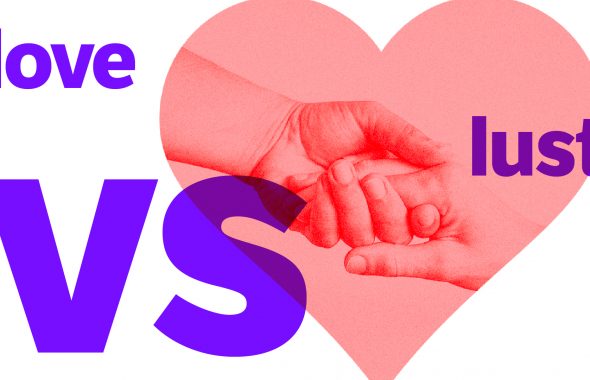Does it ever sound like people overuse the word just these days, when being indecisive, indirect, or, worse yet, passive-aggressive—especially in the workplace?
Maybe you’ve heard your boss ask: “I know it’s a Saturday, but if you could, you know, just send me over the document when’s it all done, that’d be great, thanks!”
Or maybe you were the one smuggling in some criticism and doubts with just: “You worked hard on this project, I know, I just still have some questions about it.”
Sometimes, just is just a way we waffle: “Tacos sound delicious. Pizza sounds delicious. Thai sounds delicious. I just can’t decide.”
The word just definitely has its place, and we rely on this word for good reason: it helps soften a request or concern that we don’t want to come across as too forceful. But overusing a word like just in this way can backfire, making you come across as insincere or manipulative—far from polite!
Let’s take some time to look at this use of just and see if we can come up with some good alternatives to use when this word isn’t helping us be good communicators.
What does just mean?
Just is a very versatile word. The word just comes from the Latin word j?stus, meaning “righteous” and from the noun j?s, “law, right.”
As an adjective, the word just is widely and variously used to discuss lawfulness, fairness, and morality, e.g., a just society or a just cause. The word justice is, indeed, related.
Here, however, we are concerned with the use of just as an adverb—which does ultimately emerge from those original “fair” adjective senses of the word.
As an adverb, just has many applications, e.g., He went to college when he was just 17; Just as we need to pay attention to our physical health, so we need to take care of our mental health; or The baby just fell asleep a few minutes ago.
But the passive-aggressive just—you know, the one that is increasingly grating people’s ears through overuse in personal and professional requests—is specifically used as what some linguists refer to as a politeness marker.
Politeness markers are words and phrases meant to create cooperation, show deference, and well, avoid being mean and bossy while living in a society where we all have to get along but still need things from each other.
Some other examples of politeness markers include hedging phrases like kind of and sort of or the subjective framing of phrases, e.g., I guess or If I could ask a question.
Just is especially used to soften the force of a demand or weaken an imposition.
How does just get overused?
Politeness markers are incredibly useful. We need them to communicate effectively, which often means respectfully, to navigate life. They are like social lubricants and glues.
But when politeness markers like just get overused, especially in workplace or educational settings, they can have the opposite effect: they seem impolite. Too much hedging can come across as indecisive. Too much indirectness can come across as unassertive.
Overusing politeness markers like just can sound condescending and infantilizing. It can waste time and squander respect. It can result in mixed messages and cause confusion.
What you can use instead of just
In professional settings, clear and direct communication is highly valued in a noisy, busy, email-stuffed, and Zoom-dizzying world.
So, if you are concerned you are using just as a crutch word or have gotten feedback that you do, consider the following:
Be direct and specific
Eliminate just from the presentation you’re giving or the email you’re writing all together. Instead of asking a student “I was hoping you could just consider raising your hand before speaking,” say, “Please raise your hand before speaking.”
Directness is especially valuable in giving specific feedback to a student or employee. Instead of saying, “Your report is good, but it just needs a little bit more detail in most of the sections,” explicitly provide action items: “You’ve got a great start to your report. However, it needs more data about the loss in revenue and a step-by-step plan for turning that around.”
Use variety and alternatives
Getting rid of politeness markers altogether isn’t always the wisest strategy—because we still need to be polite. But, varying the words and phrases you use, and without turning those substitutes into new crutch words, can be effective. Try changing “If you could just add a few more slides to the deck” to “We need a few more slides to the deck to ensure all the information is covered accurately.”
Remember your communication goals
Communicating effectively is difficult. There’s a fine line between being assertive and being domineering, between fulfilling our needs and goals without impinging too much on others—and none of this to mention the many double standards members of minority groups face in the societal expectations placed on their language.
So, for your communication strategy, consider:
- Your audience: what are their needs and what is your relationship to them?
- Your medium: is it digital or in person?
- Your register: is it formal or informal?
- Your intention: what is the desired outcome of the communication?
Oftentimes, you will want to use just as a politeness marker—and you well should. Other times, you may want to eliminate it or vary it … just keep that in mind!
If you’re regularly called out for being passive-aggressive, it would help to evaluate how you’re communicating and change up some of these passive-aggressive behaviors for more direct and uplifting ones. Just a thought!














